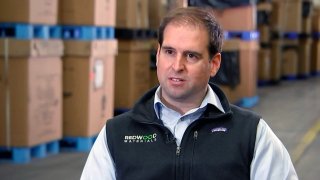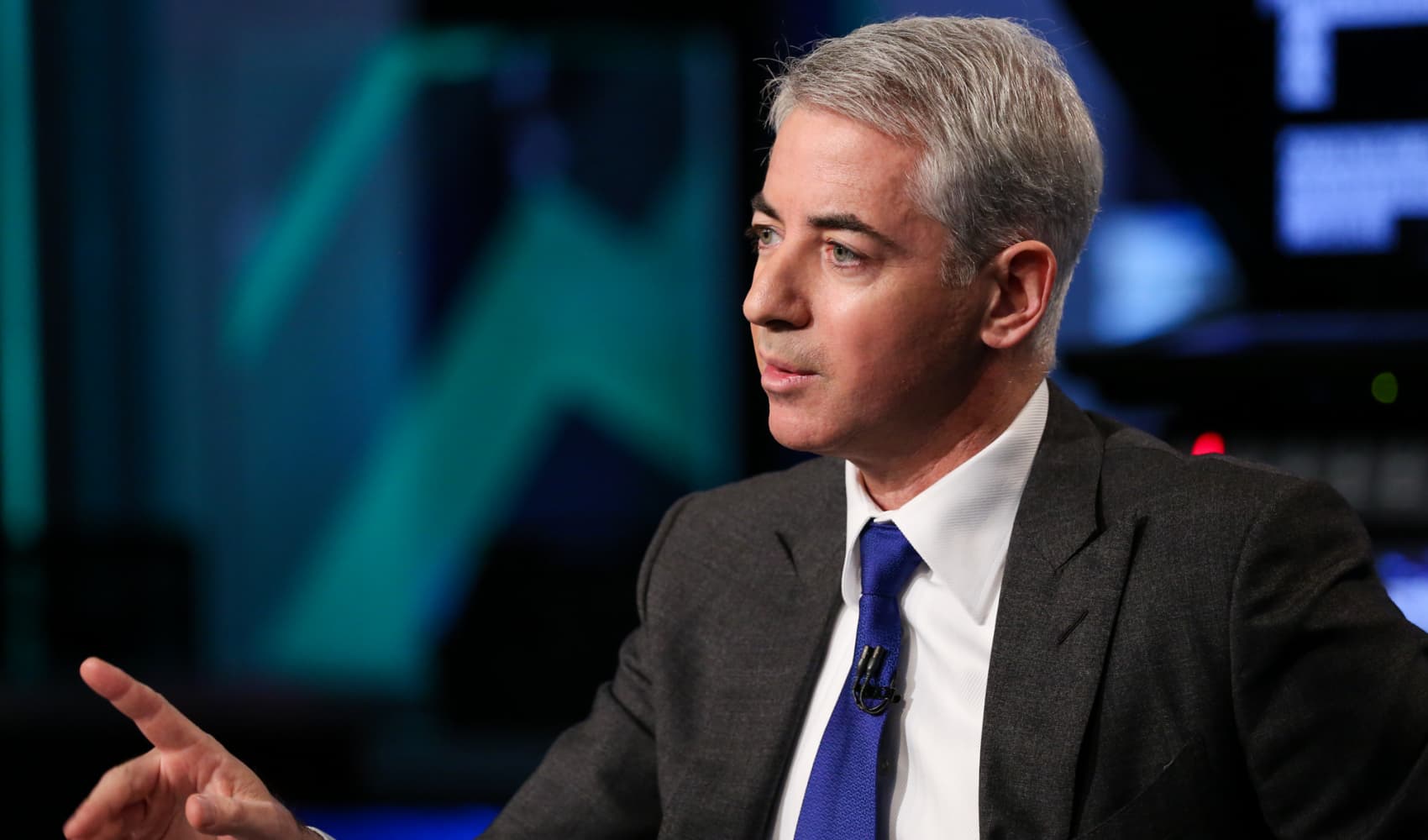
- The Department of Energy has committed $2 billion in a new, conditional loan to help Redwood Materials build out its battery recycling campus in Nevada.
- Redwood Materials, founded by ex-Tesla CTO JB Straubel in 2017, takes end-of-life electric vehicle batteries and scrap from car factories, and turns it into raw materials and components to make new battery cells.
- Director of the DOE's Loan Programs Office, Jigar Shah, wrote in a blog post that the US needs to expand its battery recycling capabilities in order to meet growing demand for EVs here, and to lower the cost of EVs.
Redwood Materials has attained a $2 billion loan commitment from the Department of Energy, the agency announced on Thursday via its loan programs office.
The battery-recycling startup will use the funding to build and expand its battery recycling facility outside of Reno, Nevada. The facility takes end-of-life electric vehicle batteries and automotive production scrap, processes these, and churns out raw materials and products that are used to make new EV battery cells, namely anode copper foil and cathode-active materials.
Redwood Materials was founded by former Tesla CTO and cofounder JB Straubel in 2017 during his tenure at Elon Musk's car company.
Get New England news, weather forecasts and entertainment stories to your inbox. Sign up for NECN newsletters.
Straubel left Tesla to run Redwood Materials full-time in 2019, and several former Tesla employees have joined him there including COO Kevin Kassekert, who previously worked as a vice president of people and places at Tesla.
As CNBC previously reported, last year Redwood Materials struck a multi-billion dollar deal with Tesla supplier Panasonic.
Money Report
"These are very capital-intensive projects, and we're in a competition with Asia to ramp this up and to bring these supply chains and manufacturing operations back to the US," said Straubel on CNBC's The Exchange on Thursday.
He added, "The US battery demand and EV demand is growing…but we have a long way before that supply chain is predominantly moved to the US."
The Director of the DOE's Loan Programs Office, Jigar Shah, wrote in a post about the new loan commitment:
"In order to meet the needs of the rapidly growing EV market, the United States will need to expand battery recycling capabilities, as well as grow our domestic capacity for producing battery precursor materials. By lowering the cost of the critical materials for lithium-ion batteries using recycled materials, electric vehicles can become more accessible to lower income communities."
With the aim of lowering greenhouse gas emissions over the next decade, President Joe Biden pushed for and signed the $430 billion U.S. Inflation Reduction Act (IRA) in August 2022. The DOE's new loan to Redwood Materials comes in part from that law, which has so far resulted in more than 100,000 new green jobs being announced.
The DOE says it appropriated $55 billion in new estimated loan authority for its Advanced Technology Vehicles Manufacturing program through the IRA. This same program once helped Tesla get its start — and Tesla repaid their loan early and grew into a juggernaut, in sharp contrast with cleantech companies that fizzled like Solyndra, for example.
Redwood Materials has a pilot line up and running for production of anode copper foil in Nevada already. It is aiming to support the production of more than 1 million EVs per year, the DOE said in its post, which could help drivers avoid an estimated 3.5 million tons of CO2 and other tailpipe emissions, annually.
While Tesla may have been the birthplace of Redwood Materials, and a partner of the company today, it could compete with the recyclers on technology eventually. In its 2022 annual financial filing with the SEC, Tesla said, "We have agreements with third party battery recycling companies to recycle our battery packs and we are also piloting our own recycling technology."






